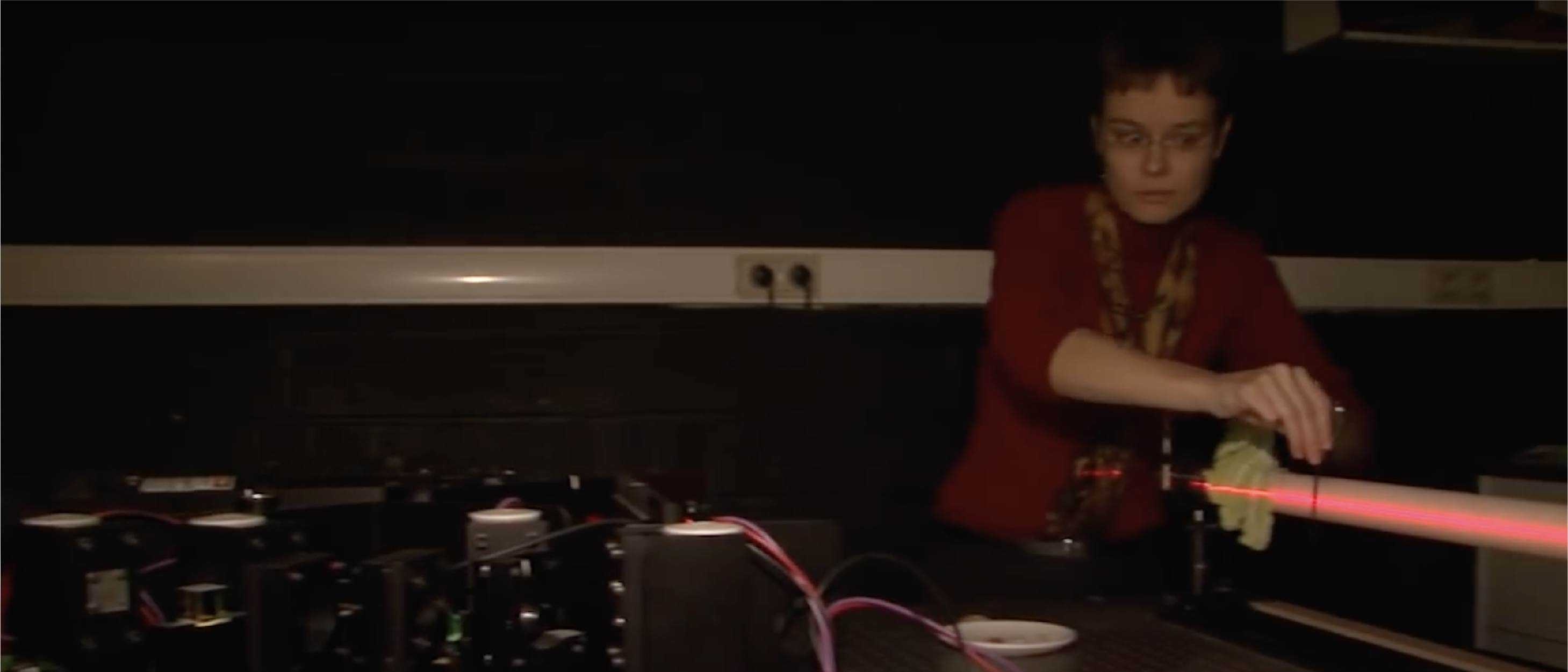Prof. Wendy Meulebroeck Guest Editor for Biosensors Special Issue

B-PHOT Professor Wendy Meulebroeck will be the Guest Editor for a Special Issue of Biosensors Journal on ‘Photonics-Based (Bio-)Sensors for a Healthy Planet'. "Human health is intrinsically linked to a healthy planet, requiring a rich biodiversity and well-balanced ecosystems", Prof. Meulebroeck says on the Journal's website. "We need clean air to breathe, healthy soils and insects to grow crops, healthy animals and plants for human nutrition, and clean water resources."
"Ironically, it is us humans who have a severe impact on the decline of biodiversity and ecosystems. Continued urbanization has drastically increased the level of air pollution, damaging plant and tree life needed to help to regulate air quality. Growing human populations have also resulted in more people living in close contact with animals, providing more opportunities for diseases to pass between the two groups. The number of livestock animals has increased with the growth in the world’s population, leading to intensive farming practices, including the overconsumption of antibiotics, potentially leading to antibiotic-resistant bacteria. These bacteria can cause foodborne infections via contaminated meat, milk or eggs. Microplastics and metals are ubiquitous in the environment and in marine water."
"Thanks to technological advances in materials, sources, and detectors, together with recent progress in modeling and design and data processing, photonic sensors are under extensive development. These highly sensitive and selective sensors, which are in many cases remotely applicable and often small and inexpensive, frequently combine multidisciplinary research."
↓ Continue reading below the picture ↓

Publication content
The goal of this Special Issue is to invite state-of-the-art research papers that deal with any type of photonics-based sensors for the monitoring of the health status of our planet’s ecosystem. Additionally, contributions on novel methods or techniques potentially leading to improved photonics-based sensors are welcomed. A preference is given to non-human environmental (air, soils, water) and biological (plants, trees, crops, animals) elements.
"We solicit original papers of unpublished and completed research that are not currently under review", Prof. Meulebroeck elaborates the content of the publication. "Keywords include but are not limited to the following: photonics-based sensors, novel methods or techniques, environmental monitoring, soil monitoring, air monitoring, water monitoring, climate changes, remote sensing, noise and light pollution, detection of hazardous materials, agriculture, food monitoring, food processing, veterinary sensors for pet and farm animals, organ-on-a-chip as a replacement of animal models, remote sensing."
More specifically, the editors are interested in:
- Photonics-based sensors, novel methods or techniques for environmental monitoring (air, soils, water, climate changes, remote sensing, noise and light pollution, detection of hazardous materials, etc.);
- Photonics-based sensors, novel methods or techniques with applications in the agriculture domain or in food processing;
- Photonics-based sensors, novel methods or techniques with applications in the veterinary domain, including pet and farm animals;
- Photonics-based sensors, novel methods or techniques that enhance the wellbeing of animals (for example, organ-on-chip sensors as replacement of animal models);
- Photonics-based remote sensors in all the abovementioned application domains.


